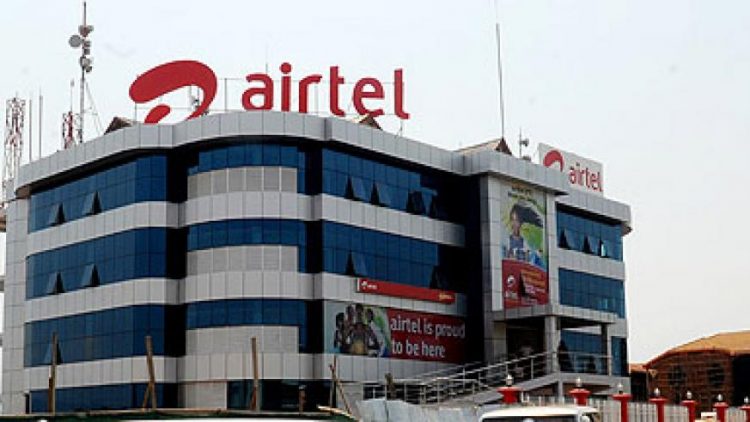Airtel Nigeria, the country’s second-largest telecom operator, has adjusted its data pricing structure, implementing a tariff increase of up to 50 percent. The new pricing, which affects various data bundles, was published on the company’s website on Monday.
The adjustment aligns with industry-wide concerns over rising operational costs. While Airtel has yet to issue an official statement, the move reflects a broader push among telecom providers to review tariffs in response to inflation and foreign exchange fluctuations.
In addition to data, Airtel, which has over 56 million subscribers, also raised its voice call tariffs over the weekend. A senior Airtel official confirmed the changes in an interview with The PUNCH, explaining that the price increases were necessary due to rising costs.
“Yes, we have updated data prices today, and they are available on our website. However, the increase is not up to 50 percent,” the official clarified.
Airtel reassured customers that its services remain affordable and accessible, stating, “Whatever your data needs are, we have a plan for you. Our fast, affordable, and reliable internet experience will keep you connected anytime, anywhere. To get started, Dial *312#.”
The revised daily and weekly data plans include:
N50 for 40MB valid for 1 day
N100 for 100MB valid for 1 day
N200 for 200MB valid for 3 days
N350 for 1GB valid for 1 day
N350 for 350MB valid for 7 days
N500 for 750MB plus 1GB YouTube Night and 200MB YouTube Music/Spotify valid for 7 days
N500 for 1GB plus 1GB YouTube Night and 50MB Socials valid for 7 days
N500 for 2GB valid for 2 days
N1500 for 5GB valid for 7 days
MTN, Nigeria’s largest telecom provider, has also reviewed its data and call tariffs following approval from the Nigerian Communications Commission (NCC).
The revised pricing, which took effect last week, has led to higher charges for calls, SMS, and internet usage.
Telecom operators cite inflation, foreign exchange instability, and rising network expansion costs as key reasons for the increases. While the adjustments aim to sustain long-term service improvements, many subscribers are expected to feel the financial impact as communication costs continue to rise.




